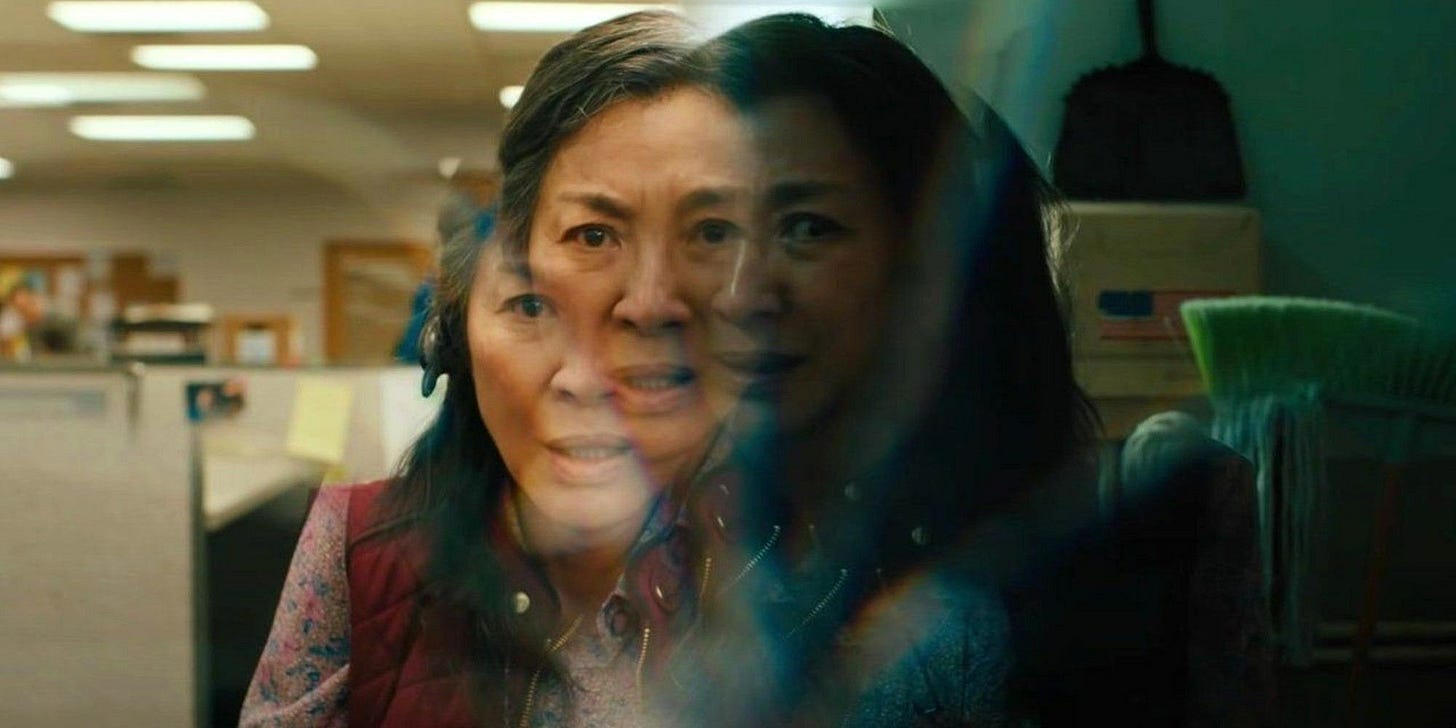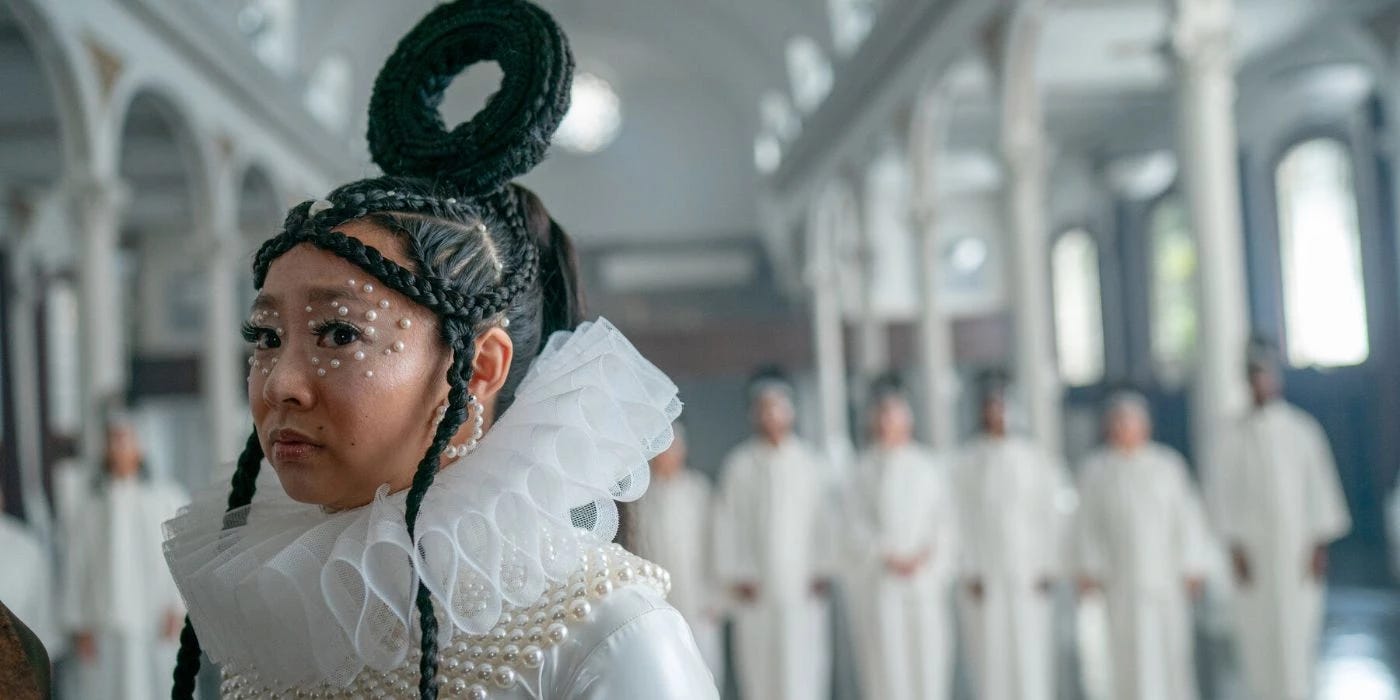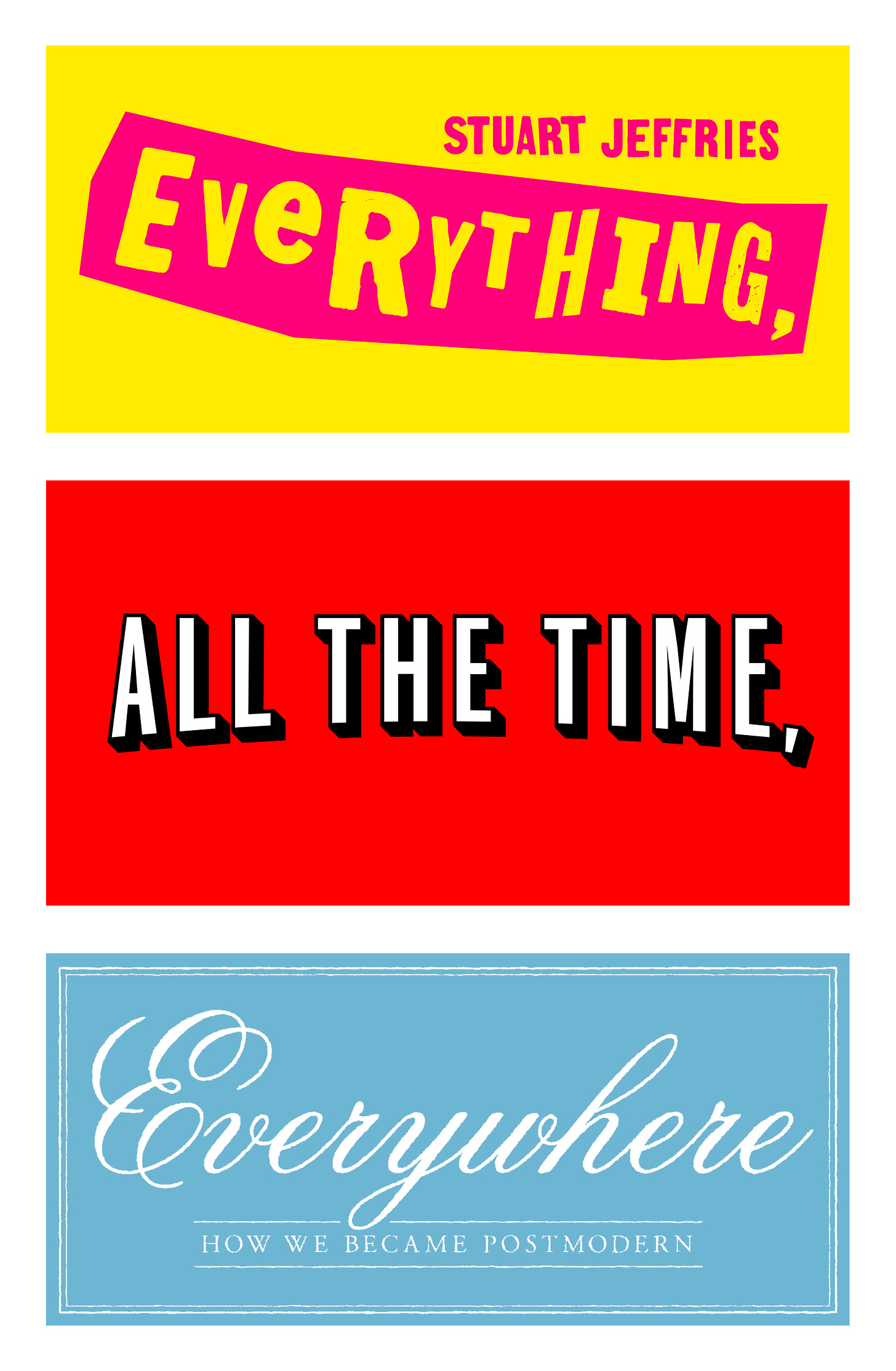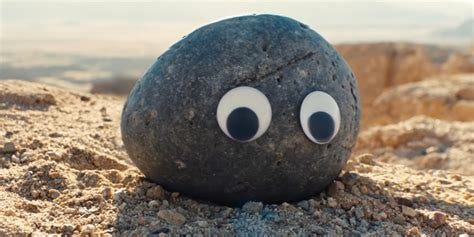As opposed to modernism, postmodernism stands for fun, exuberance, and irresponsibility. Originally, it was intended to be subversive.
The late 20th century saw it emerge as a philosophical, cultural, and historical movement characterized by skepticism, subjectivism, and relativism.
The postmodernist philosophy generally rejects logic and reason as universal. According to postmodernists, these too are merely conceptual constructs that can be understood differently under different perspectives.
As part of a cultural revolution, post-modern art and architecture often borrow from other artists to create their own work. For example, using samples of other music or developing original music that sounds like it was made in a different decade altogether. In a postmodern style, old ideas, styles, and themes are re-evaluated and reworked.
By combining different styles of art, postmodernism opened up new possibilities and ideas. A subversive art movement was created, denouncing inequality and attempting to alter the status quo.
But a dirty secret of postmodernism was hidden beneath its shining surface: it was the cover for an aggressive form of capitalism. Not only that, it was the ground on which "post-truth" could flourish, which turned western values upside-down.
Considering that civilization is based on order and authority, challenging them is bound to appear disruptive. The problem is that Neoliberalism also challenges them. In terms of flexibility and fluidity, the marketplace is unrivaled. There is no such thing as absolute truth on Wall Street. Free marketeers are the true anarchists. So in the end, is postmodernism a critique or a concession to the status quo?
Postmodernism was set in the context of the neoliberalism of the 1970s. This subversion of reason combined with a constant collage of ideas and revamped capitalism gave birth to a culture of the flexible and provisional – of short-termism, endless consumption, and multiple identities.
What comes after postmodernism?
There are many discussions if we are, or not anymore in a postmodern era. Philosophers say that 9/11 and the rise of the internet gave place to a new era of post-truth and hyperreality or hypermodernism.
As modernism and postmodernism came before as artistic and cultural movements, so did hypermodernism. It proposes a world in which the object has been replaced by the attributes of the object. The meaning of something surpasses its importance.
This evolving attribute-driven world is driven by the rise of technology and aspires to a convergence between technology and biology and more importantly information and matter.
Hypermodernism finds its validation in emphasis on the value of new technology to overcome natural limitations and emphasizes the dismissal of an object-driven past in favor of a flexible, attribute-driven one.
We can see how hypermodernism is not only denying and subverting ideas as postmodernism did but converging these ideas with technology.
Importantly, the denial of science and historical facts from postmodernism, combined with the rise of technology culminated in misinformation and fake news. Postmodernism made it ok to not trust authorities or specialists and to question everything. The internet allows everyone to become an expert further undermining science and the scientific method. A rise in conspiracy theories and all types of absurdities seems to be all around us.
But for pop culture, it seems much more insidious.
By combining different types of art, postmodernism generated new possibilities and ideas. But it also made art become commodified. Invested in and speculated with.
After the first lawsuits for the use of music samples by MCs in the 90s a whole industry for suing musicians was created. To the point that nowadays some artists such as Ed Sheeran have been sued for simply using the same chords as another musician.
We experience this constant deja-vu, especially in movies. Always the same stories, with the same characters. A collage of past successes. In their stories, movies and television shows constantly reference themselves or other movies. Trying to lure the audience into taking part in an inside joke to distract them from watching an empty story.
It feels like we are stuck. All the music sounds the same, and the TV shows and movies are remakes, prequels, or sequels. It's not all postmodernism's fault, there are many other reasons for that, but there's this feeling that it's OK, or even necessary, to produce nostalgic collages.
This feeling of being stuck is also present in politics. We don't trust politicians or any authority anymore. There are no common goals or alternative ideas for the society we are living in now.
We are constantly bombarded with information and possibilities with the internet, which has become an extension of ourselves. Here we can create a brand-new persona, live different lives, and meet people from all over the world. The universe seems to be just a few clicks away.
But these possibilities bring us dread.
Possibilities seem endless but so are comparisons to people you will never meet. There's an overload of information and things demanding our attention. Which in the end only makes us burn out and overwhelmed.
Everything, everywhere all at once
Have you felt overwhelmed? Especially after too much screen time?
I constantly do.
Everything, everywhere all at once portrays many metaphors and hidden messages. However, I believe it focuses mostly on this feeling of being overwhelmed that our postmodern/hypermodern life makes us feel.
Evelyn Wang (Michelle Yeoh), a Chinese immigrant owner of a laundry store finds herself having problems with the IRS, facing divorce, and having a stranded relationship with her daughter. In these conturbed times, she is recruited to save the universe by jumping through different multiverses.
It references movies from Matrix to Kill Bill and uses an overload of images and information which can feel very relatable to everyone watching. Evelyn Wang can be anyone she wishes, taking the abilities that another version of her had in different universes. Those represent the lives she wished she had, from being a Hollywood star to finally having her father's approval as a singer.
Hypermodernity and especially the internet overwhelm us with possibilities. Everything is within our fingers’ reach, from people anywhere to completely different lives. The movie plays with the idea of possibilities but it also has the silliness and maximalist absurdity we find constantly in our online lives.
In an interview with Slash Film, Daniel Shinart one of the movie’s directors said:
“We've talked a lot about what it's like to have grown up with the internet, how that exacerbated the typical generational divide, and what it feels like for everyone, no matter how old you are, to live right now with the internet. So, that's one of the key metaphors, was just like, we wanted the maximalism of the movie to connect with what's like to scroll through an infinite amount of stuff which is something we're all doing too much.”
Evelyn represents the feeling of being stuck and overwhelmed by hypermodernity, while her daughter Joy - being a young 20-something who has already grown up overloaded with information and with technology being an extension of her life - feels like nothing really matters. She represents the nihilism many are experiencing, especially the younger generation.
Joy Wang: I got bored one day, and put everything on a bagel. Everything. All my hopes and dreams, my old report cards, every breed of dog, every last personal ad on craiglist. Sesame. Poppy seed. Salt. And it collapsed in on itself. Because, you see, when you put everything on a bagel, it becomes this. The truth.
Evelyn Wang: What is the truth?
Joy Wang: Nothing matters.
Evelyn Wang: No, Joy. You don't believe that.
Joy Wang: Feels nice, doesn't it? If nothing matters, then all the pain and guilt you feel for making nothing of your life, it goes away. Sucked into a bagel.
To fight the nihilism of having seen and accessed the whole universe, both of them have to be more like Waymond Wang, Evely's husband, and Joy's father. Which has a kinder way of seeing the world. On the journey, Evelyn also learns to focus on the present and be there for her daughter.
"Of All The Places I Could Be, I Just Want To Be Here With You." — Evelyn.
In our hypermodern world, we feel like everything matters, which only makes us not care about anything. If you post something angry, your brain feels the reward, while the real-life impact is next to nothing.
We can be virtually anywhere on the internet, even diving on the Australian coral reefs. If you have enough resources, you can start over, change careers, or be content to explore a new world, be an elf or an alien in a videogame.
All the possibilities, the overload of information, and the lack of "normality” speed up our lives. We feel time flying by while we are stuck to our small screens.
Everything, everywhere all at once gives us helpful but somewhat empty solutions for our overwhelmed senses. The world definitely needs a lot more kindness and understanding and we should focus more on what we have and what is in front of us.
But, it is difficult to combat this overwhelming sense of overconsumption and overstimulation by ourselves. It's nearly impossible to get away from our screens when everything is designed to compel us to them.
So, more than kindness and understanding we need community. We need friends and in-real-life connections. Clubs and community activities. Collective actions are the way to fight the hyperindividualism of neoliberalism.
We are stuck in cycles and feeling lost, but hopefully, we will get out of it together. The internet is in its infancy and we can make better use of it.
For now, we can read, learn, discuss and be a little more like Waymond. Being kind to everyone around us.
What to read?
Everything, All the Time, Everywhere: How We Became Postmodern (Stuart Jeffries).
With a very similar name to the film, this book is non-fiction written by a journalist that connects the dots between postmodernism and neoliberalism. It does so through different artists from the period (photographers, musicians, architects…), and technological development such as the MacBook and Netflix.
What to watch?
Everything, Everywhere, all at once. I watched it last week in a small cinema theater near my house where we were the only ones inside the room. But if you still aren't inclined on going back to the cinema theater you can rent it on Amazon.
What to binge?
Westworld (Only season 1). Westworld is a beautiful shown, with an enticing story that draws you into watching it. I have only watched the 2 first seasons, and I can honestly say that you don't lose much by only watching the first one.
I don't want to say much about it, because it's much better to be watched without knowing what you are getting into. It's a compelling story about what means to be a human and what is real and what is not.
I'm launching a "buy me a coffee” campaign, for one-time donations. If you find this newsletter useful or interesting and want to collaborate with it:












New follower! Thanks for the book recommendation!